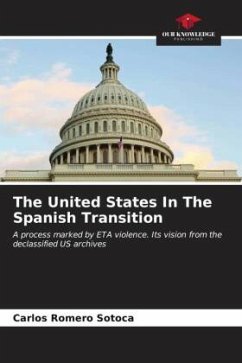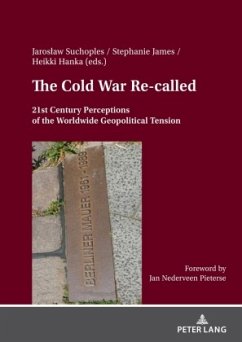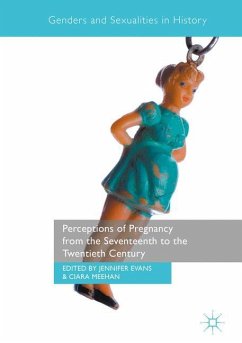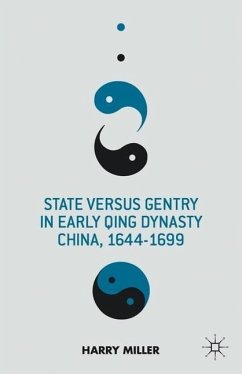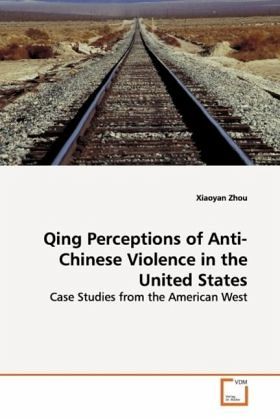
Qing Perceptions of Anti-Chinese Violence in the United States
Case Studies from the American West
Versandkostenfrei!
Versandfertig in 6-10 Tagen
32,99 €
inkl. MwSt.

PAYBACK Punkte
16 °P sammeln!
This book concerns Qing perceptions of Anti-Chineseviolence in the United States. Before the Opium War,the number of overseas Chinese was ignored by theQing government, which labeled them as deserters or political conspirators . The Opium War (1839-1842)resulted in a humiliating treaty, and the opening ofthe Treaty ports in the 1840s quickened the processof Chinese immigration. These increases in the numberof overseas Chinese immigrants led to ill-treatmentand violence in the American West including the 1880Denver Riot and the 1885 Rock Springs Chinesemassacre. After an initial period of ignor...
This book concerns Qing perceptions of Anti-Chinese
violence in the United States. Before the Opium War,
the number of overseas Chinese was ignored by the
Qing government, which labeled them as deserters or political conspirators . The Opium War (1839-1842)
resulted in a humiliating treaty, and the opening of
the Treaty ports in the 1840s quickened the process
of Chinese immigration. These increases in the number
of overseas Chinese immigrants led to ill-treatment
and violence in the American West including the 1880
Denver Riot and the 1885 Rock Springs Chinese
massacre. After an initial period of ignoring
emigration and emigrants, the government of the Qing
dynasty was quite concerned about the welfare of its
subjects abroad, but that it was quite new to the
game of international diplomacy in the arena of
nations. China s efforts to protect its subjects
abroad were thus stymied by that lack of experience,
and by the fact that it did not have much real
leverage, either in economic or military power, to
persuade other states to extend the same benefits to
Chinese immigrants as they generally did to European
immigrants.
violence in the United States. Before the Opium War,
the number of overseas Chinese was ignored by the
Qing government, which labeled them as deserters or political conspirators . The Opium War (1839-1842)
resulted in a humiliating treaty, and the opening of
the Treaty ports in the 1840s quickened the process
of Chinese immigration. These increases in the number
of overseas Chinese immigrants led to ill-treatment
and violence in the American West including the 1880
Denver Riot and the 1885 Rock Springs Chinese
massacre. After an initial period of ignoring
emigration and emigrants, the government of the Qing
dynasty was quite concerned about the welfare of its
subjects abroad, but that it was quite new to the
game of international diplomacy in the arena of
nations. China s efforts to protect its subjects
abroad were thus stymied by that lack of experience,
and by the fact that it did not have much real
leverage, either in economic or military power, to
persuade other states to extend the same benefits to
Chinese immigrants as they generally did to European
immigrants.




